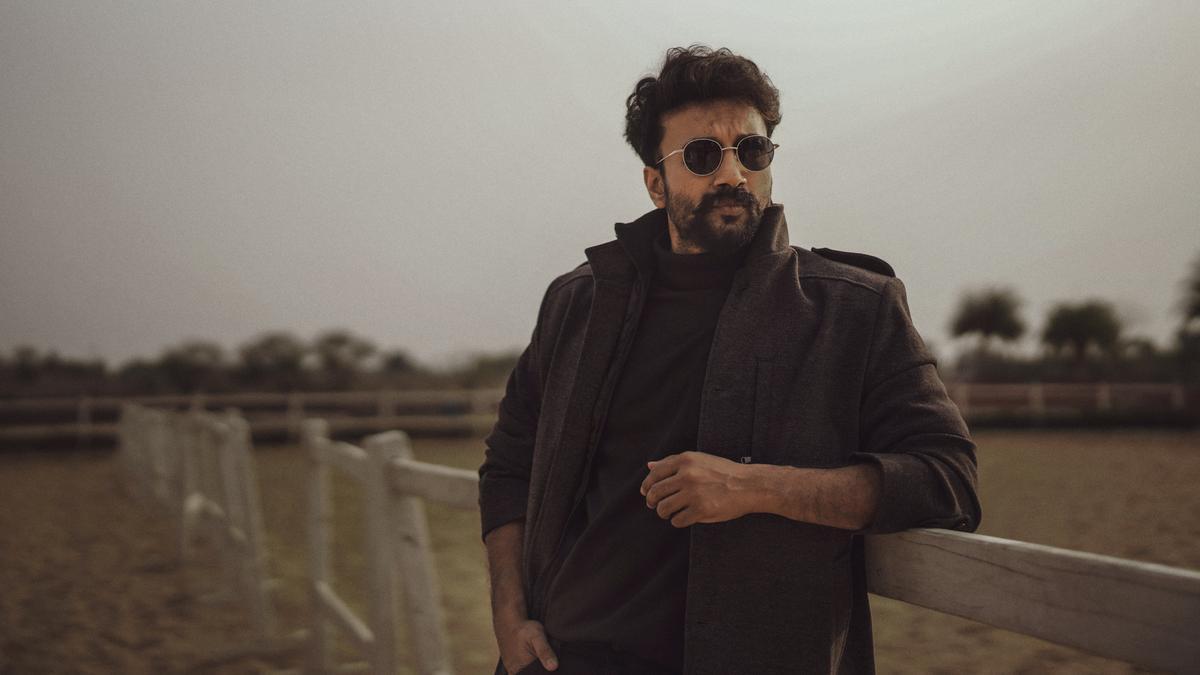
In a dramatic turn of events, the release of Bollywood superstar Aamir Khan’s son Junaid Khan’s debut film ‘Maharaj’ has been halted by a legal order. Just hours before its premier on Netflix, the Gujarat High Court has issued a stay on the film’s release following a plea from a Hindu group, citing concerns that the movie could provoke violence.
The eagerly anticipated film, directed by Siddharth P Malhotra and also starring Jaideep Ahlawat, finds itself embroiled in controversy barely before its arrival. According to a detailed report from India Today, the stay order comes from a petition filed by devotees of Lord Krishna and followers of Vallabhacharya, representing the Pushtimarg sect. The petitioners argue that ‘Maharaj’, which revisits the infamous Maharaj Libel Case of 1862, could potentially incite violence and disrupt public peace.
The petitioners outline their grievances, emphasizing that the Maharaj Libel Case was a significant historical event adjudicated by the English Judges of the Supreme Court of Bombay. The case hinged on allegations of misconduct by a prominent religious figure. According to the petition, the film makes “seriously blasphemous comments against Lord Krishna” and includes “devotional songs and hymns” that could be considered offensive. Such content, they argue, is likely to provoke a strong, potentially violent reaction from devotees.
Further compounding their concerns, the petitioners criticized the film’s promotional strategy. They highlighted the lack of sufficient promotional materials, including the absence of a trailer, which they believe indicates an intent to restrict access to the story until the last moment. This, they contend, is a deliberate attempt to avoid scrutiny and criticism in the lead-up to the release.
In light of these concerns, Justice Sangeeta Vishen of the Gujarat High Court granted an interim order to stay the release of the film by any means, pending further investigation. The matter has now been scheduled for a detailed hearing on June 18.
.
For those unfamiliar with the historical context, Netflix describes ‘Maharaj’ through its synopsis: “The year is 1862, a time when there were only three universities in India, Rabindranath Tagore was a year old, and the Sepoy Mutiny of 1857 continued to fan the flames of independence. Against all odds, one man takes a courageous stand in a landmark legal battle, a true story that’s now come to light in ‘Maharaj’ — more than 160 years later.”
The film sets the stage for a gripping narrative around Karsandas Mulji, portrayed as a journalist and social reformer who was an ardent advocate for women’s rights and societal change. A student at the esteemed Elphinstone College in Mumbai and a protégé of the scholar-leader Dadabhai Naoroji, Mulji’s writings on issues like widow remarriage and the rights of the oppressed sowed the seeds of reform in society. The climactic point of his journey culminated in the Maharaj Libel Case of 1862, sparked by allegations of misconduct against a prominent religious leader. This case attracted extensive public attention and scrutiny, solidifying its place as one of the most significant legal battles in Indian history.
Despite an array of legal complexities and social oppositions, Mulji remained steadfast in his mission, making ‘Maharaj’ not just a film, but a tribute to enduring courage and conviction. As of now, the film’s future hangs in the balance, awaiting the High Court’s final verdict post the June 18 hearing.
As the controversy unfolds, Bollywood insiders and the general public alike are watching anxiously. While Junaid Khan’s debut continues to generate significant buzz, the film industry’s recurring clash with legal and social dynamics comes into the spotlight once again. ‘Maharaj’ was poised to be an exemplary piece of art reflecting an influential era in Indian history, but it now faces an uncertain future.
For all stakeholders, including the cast, the crew, and the potential viewers, the next few days are crucial. With an interim stay in place, ‘Maharaj’ serves as a poignant reminder of the power of film to provoke thought, debates, and, sometimes, even legal battles. As history continues to echo through the present, the journey of ‘Maharaj’ from conception to release remains a significant story worth following.










